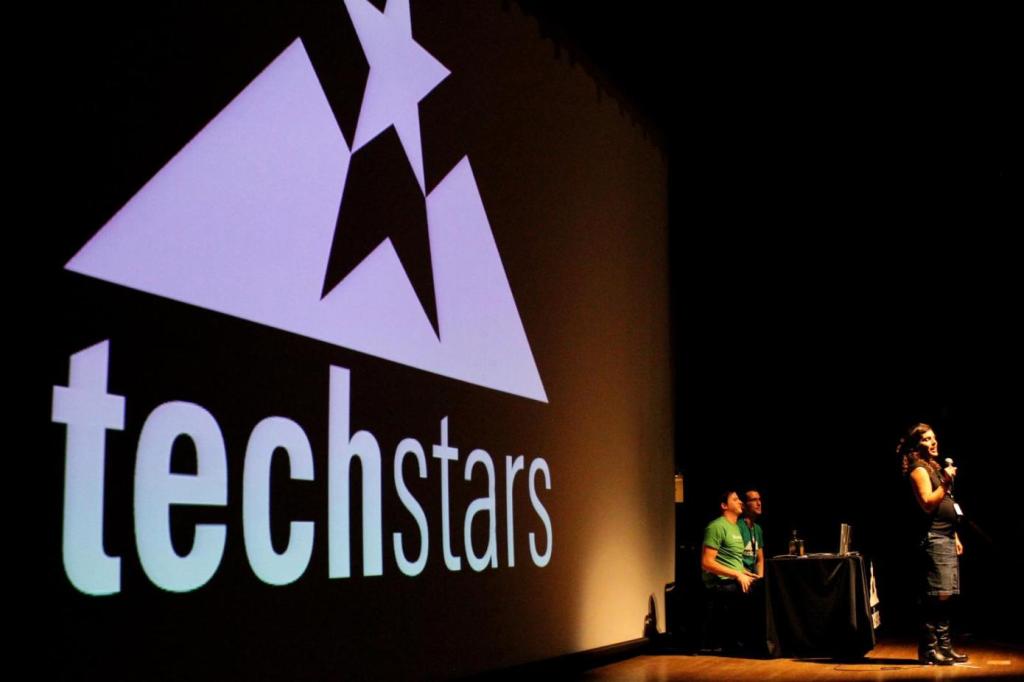In March, two Nigerian startups, Treepz (formerly Plentywaka) and TalentQL got into the Techstars Toronto accelerator program alongside eight other companies.
The program, held virtually, provided these startups with funding ($100,000 convertible note and $20,000 stipend), mentorship and access to its network. For Treepz and TalentQL, the acceptance also served as an opportunity to operate from Canada with a modest ambition to become global companies.
While two African startups made the cut in the fourth class, the number from the now-announced fifth class is fourfold. Another change is the total number of startups in a class which has increased from 10 to 12.
Out of the 12, eight startups focused on the continent have been selected to participate in the three-month program (culminating in a Demo Day on January 2022) slated to start today.
The African startups selected in Techstars Toronto’s October 2021 class include Lenco, OurPass, Healthtracka, Rentsmallsmall, Kyshi, Duhga, Fleri and PayDay. Here are a few details about them.
Lenco gives full-fledged current accounts, expense management features and banking services to businesses. OurPass provides a one-click checkout option for digital commerce. Healthtracka is a digital health platform that provides at-home lab testing, sample collection and result collection in less than three days. Rentsmallsmall is an on-demand home rental service that offers monthly payment plans.
Kyshi is a U.K.-based but Africa-focused fintech that helps people send and receive money to and from Africa. Duhqa is a last-mile end-to-end supply chain and distribution platform. Fleri helps immigrants provide healthcare and insurance for their loved ones back home from the U.S. PayDay facilitates transactions between Africa and the world by assisting foreign employers and clients pay people in the continent.
Why Techstars Toronto is accepting more African startups
Y Combinator remains the most strategic global accelerator for African startups and has invested in about 60 of them in the last six years.
African startups in YC’s cohorts have grown slow and steady over the years, hovering around five to eight before witnessing a climb to ten and fifteen startups in the winter and summer batches this year.
Judging by how YC has operated so far — which isn’t a yardstick anyway — one can see why it is surprising that the number of startups in Techstars jumped from two to eight in a single year.
The reason behind this is due to the track record of previous Techstars-backed African companies. They have been impressive, said Sunil Sharma, the managing director of the Toronto-based accelerator.
In 2019, Techstars began making inroads into Africa after backing payments infrastructure company Korapay and cryptocurrency exchange platform Quidax the following year. The accelerator also backed cross-border payment infrastructure company Fliqpay in 2020.
“What has happened is that the overall performance of Techstars has been very good, in part because of the [previous] African companies — Treepz, Korapay, Quidax, TalentQL, Fliqpay,” Sharma told TechCrunch in an interview. “So to answer the question of why we are doubling down on Africa, we are actually more than quadrupling down and it is because we see the future.”
Techstars is poised to multiply its investments in African startups per year to 24, Sharma added. But so far, it has invested in 10 this year and a total of 13 since 2018.
Nigerian one-click checkout platform OurPass raises $1M pre-seed, wants to build ‘Fast for Africa’
Queried if this might be a similar occurrence in other Techstars locations globally, Techstars’ Sharma said, “I think other Techstars accelerators will increase their investments in African startups. We are seeing the valuations explode and the trend towards more and more unicorn companies, so of course we want to play a part in that and we know we can help these entrepreneurs succeed.”
Talking about the criteria Techstars uses to select startups operating in the region, Sunil said the accelerator first looks at the founders and the team. Then, it checks if the team can provide more value and disrupt the industry they are playing in.
That said, the accelerator still finds itself leaning toward startups in fintech, crypto, insurance, payment and future of work areas because of Toronto’s reputation as a global financial and talent centre. However, Canada has a much smaller tech market than the U.S., but with some comparative advantages such as better immigration policies, talent accessibility and cheaper cost of living.
Sharma and his team believe these resources will convince more African startups to set up shop in Toronto, and they are creating more awareness to capitalize on the accelerator’s go-ahead to increase participation from African startups.































Comment